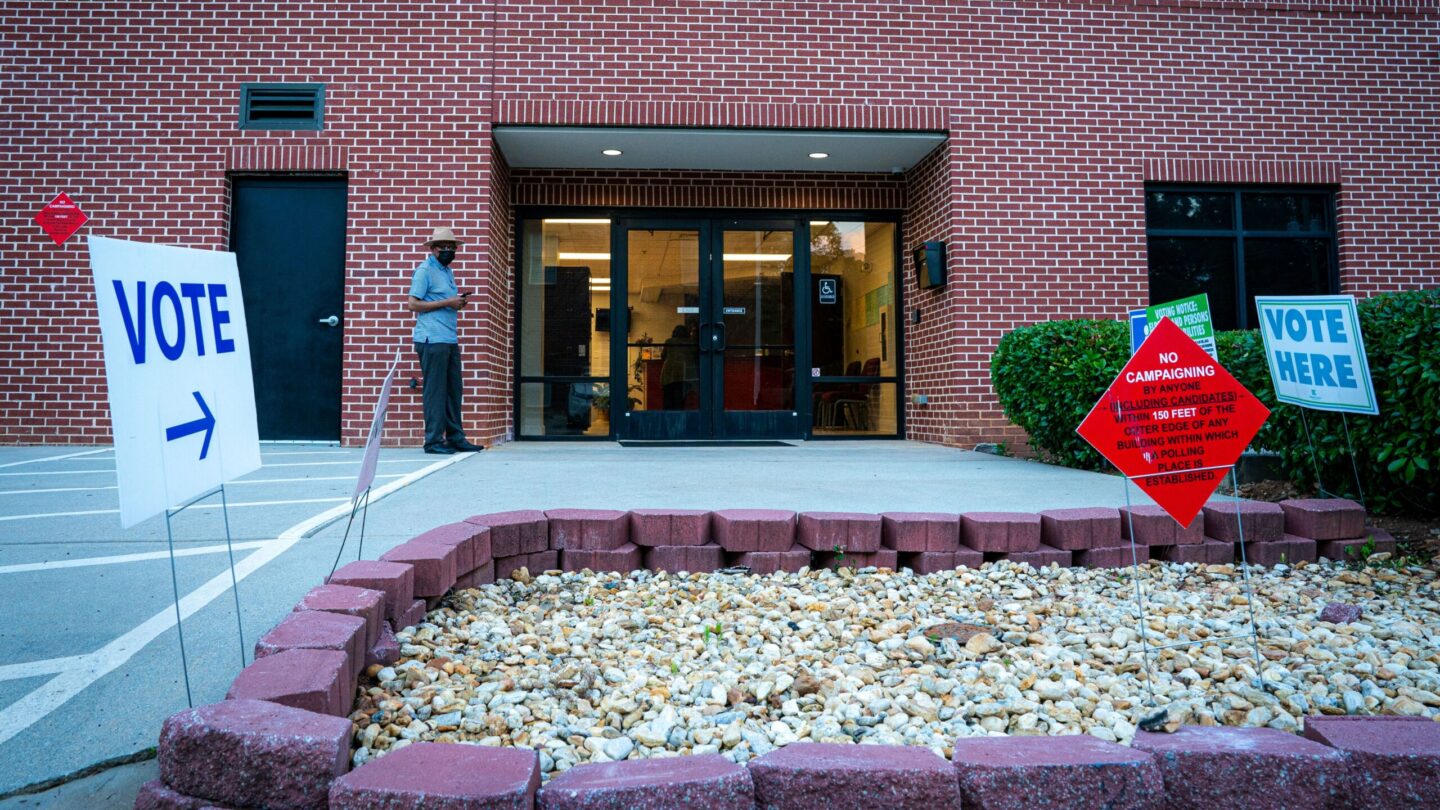Stephannie Stokes
,
| WABE
October 17th, 2024
This story was updated on Monday, Oct. 21, 2024, at 4:22 p.m.
Near the bottom of this election’s ballot, Georgia voters get to decide whether there will be a statewide limit on property tax increases for homeowners.
The answer could affect all Georgia residents — but in different ways.
The proposed constitutional amendment would curb property tax hikes through a new statewide homestead exemption, a type of tax break that is available to homeowners at their primary residence. It’s one of three statewide ballot measures that Georgia voters will decide on this election year.
Typically, property taxes rise when property values rise. But with the proposed exemption, the state would put a cap on homeowners’ property tax increases so they couldn’t outpace inflation, no matter how high the properties are valued.
That means if inflation leads overall costs to increase by, for example, 1%, homeowners’ property taxes also couldn’t increase by any more than 1% – even if their home values actually increased by 5%.
Atlanta-based property tax attorney Sara Sorenson said this could bring significant relief to people who already own a home. The cap on tax increases would stick with the homeowners as long as they live at that property. So they would be protected from rising property values right until they sell.
But she said others in the community may not necessarily benefit.
When new homeowners buy the property, the tax bill would reset. That means future homeowners may not see such steep discounts. Landlords, who rent their properties and wouldn’t qualify for the exemption, wouldn’t receive any discount at all, possibly passing those costs onto their tenants.
In general, Sorenson said some residents and businesses in the state may end up seeing higher bills as local governments look for ways to maintain funding. The state law accompanying the measure would even allow local governments to make up for lost property tax revenue by adding a new sales tax.
“I think that it’s important to remember that property taxes usually fund a significant part of the budgets of local cities, counties and school districts,” Sorenson said. “And when you start capping that revenue, the revenue has to come from somewhere else.”
If voters approve the state amendment, cities and counties can choose to opt out of the new property tax exemption. But they’re required to hold a series of public meetings and adopt a resolution before March 2025.










